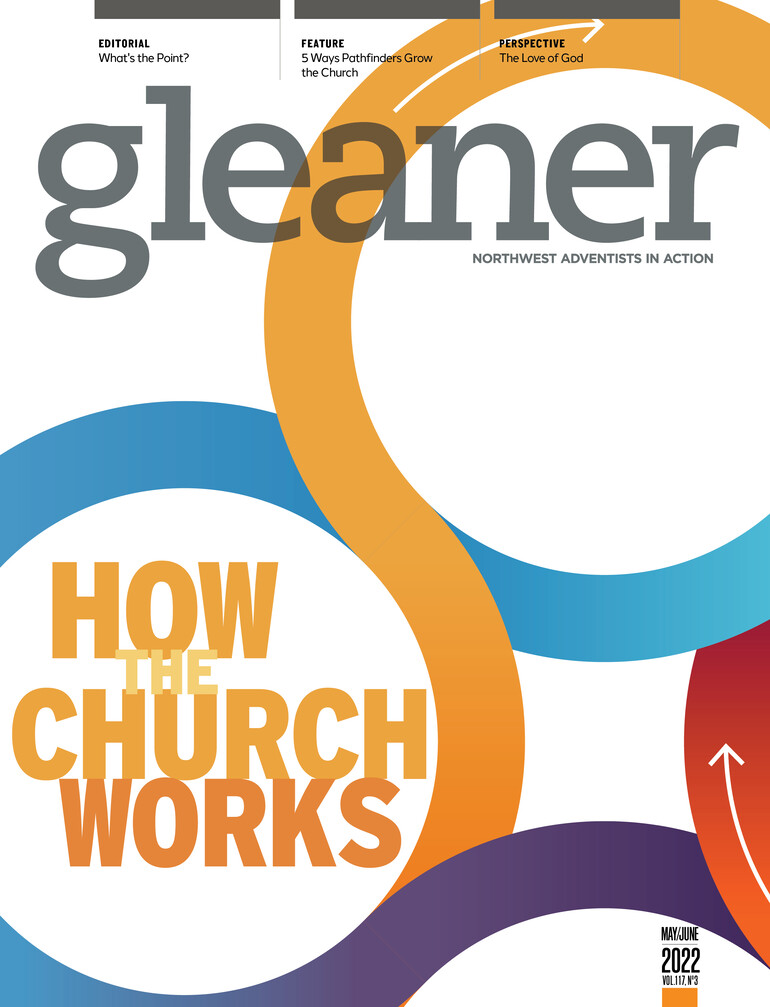"God and love are synonymous. Love is not an attribute of God, it is God. Whatever God is, love is. If your conception of love does not agree with justice and judgement, purity and holiness, then your idea of love is wrong." — Oswald Chambers
The God I believe in can’t be limited to a specific temple, book or dogma. God is iconoclastic. Let me give you an example.
When Jesus cleansed the temple He said, “My house shall be called a house of prayer for all people” (Matt. 21:13). Then He flipped over their tables and said, “Your house is left onto you desolate" (Matt. 23:38). Jesus attacked the accepted religious norms of His day.
The religious leaders in Jesus' day tried to stuff the Almighty into a box based on their own prejudice, patriarchy and pride. Christ smashed it all down. He called them hypocrites! He blew the doors of salvation wide open.
The Jewish leaders tried to limit God to a church. God left their building desolate. God transcended the temple, but they were oblivious.
A few years later, the apostle Paul tried to make it plain, “Do you not know that you are a temple of God, and the Spirit of God dwells in you?” (1 Cor. 3:16).
They called themselves the children of Abraham. Jesus said, “your father is the devil.” They thought they were the “chosen ones” so they condemned the world in God’s name. Christ said, “I did not come to condemn the world, but to save it.”
They thought they could contain the Almighty in a book. They attributed their own bigotry, misogyny and nationalism to their understanding of God. They thought scripture taught them to separate the saved from the damned. Christ said you're reading it wrong, "the Scriptures point to me!” The religion of Christ isn't about separating insiders from outsiders. The religion of Jesus is based on love.
The scriptures point to Jesus. Because of Jesus, I believe that nothing can separate us from the love of God. But is that true?
What if I don’t know God’s name and was never taught the sinner's prayer? What if I have never read the Bible in my life? Does God’s love still cover me?
What if I believe the wrong thing about a theological question, or what if I make a mistake and don't feel sorry soon enough? What if I have stopped going to church because I have been hurt there? Are those reasons for God to stop loving me?
What if I have difficulty connecting to God though the Bible? Is it ok to have questions about that, or do my questions cut me off from God's love?
Does Jesus only love me when I’m good, when I do the things I should? Or does Jesus love me even when I’m bad?
What if I was gay and some church people say to me, “homosexuals will not inherit eternal life?" What does God think about that?
Have you read Paul's answer to these questions?
He says, "I am persuaded, that neither death, nor life, nor angels, nor principalities, nor powers, nor things present, nor things to come, nor height, nor depth, nor any other creature, shall be able to separate us from the love of God, which is in Christ Jesus our Lord" (Rom. 8:38-39).
According to scripture NOTHING can separate us from the love of God. Yet it’s hard for us to believe that. We doubt because many of us have experienced spiritual abuse.
Some of us have been taught to cover up abuse for the sake of "evangelism."
Some of us have been taught to value the institution of marriage more than the people in a marriage.
Some of us have been taught that if we love the wrong people, we are an “abomination.”
Some of us have been taught that God is love, but if we don’t believe in His love, we will be tortured forever in hell.
As Ty Gibson points out, "It is spiritually abusive to hammer people with the idea that they must stop sinning while withholding God's unmerited love from their view."[1]
The antidote for spiritual abuse is honesty. The truth is this, there is nothing you can do that will separate you from the love of God.
If we make it primarily about what we must do, we lose the primacy of what God has done. Amazing grace isn't so amazing if ultimately, we have to work for it. We don't change by trying to be better. We change by allowing the truth to set us free.
The opposite of sin is not perfection. It is connection to a God who offers unconditional love.










